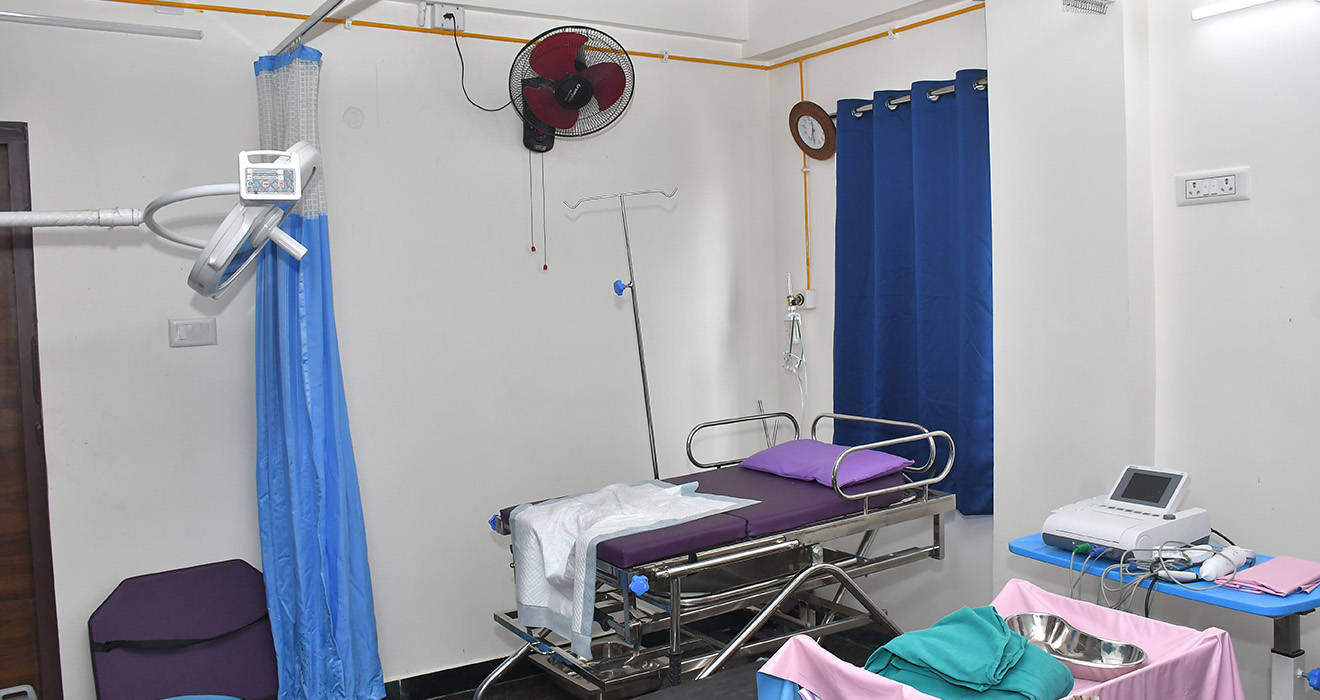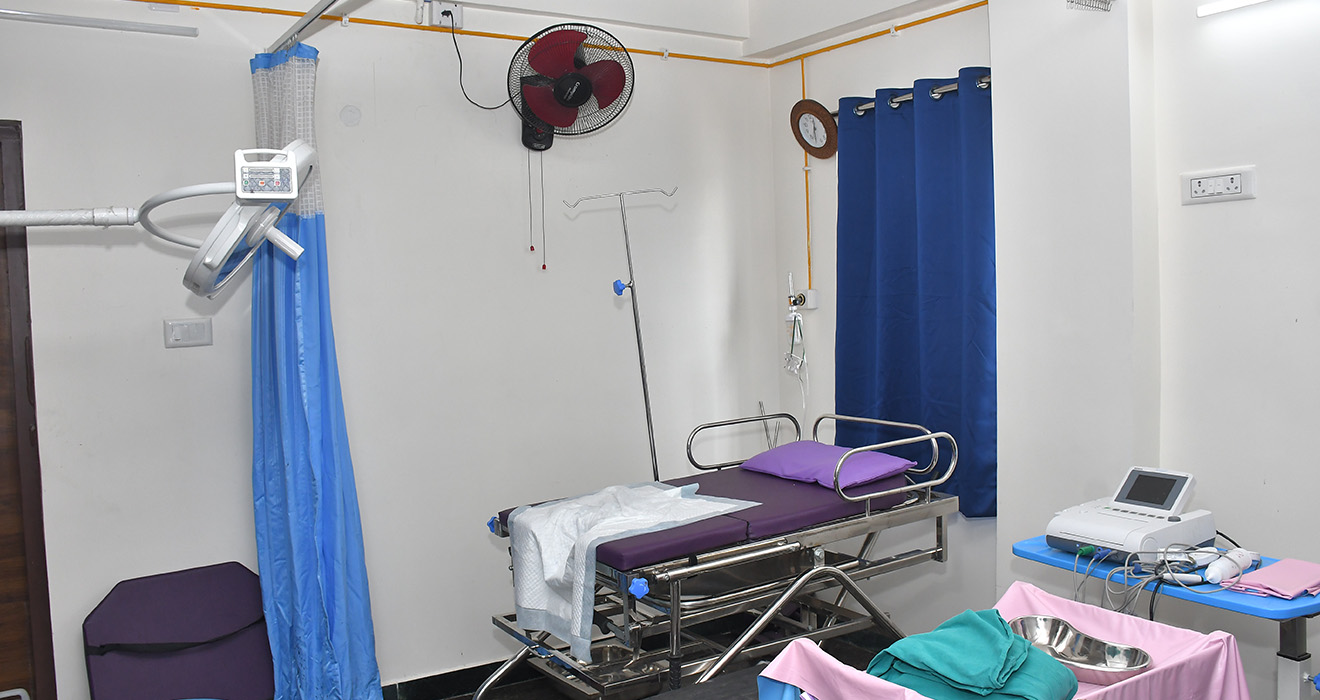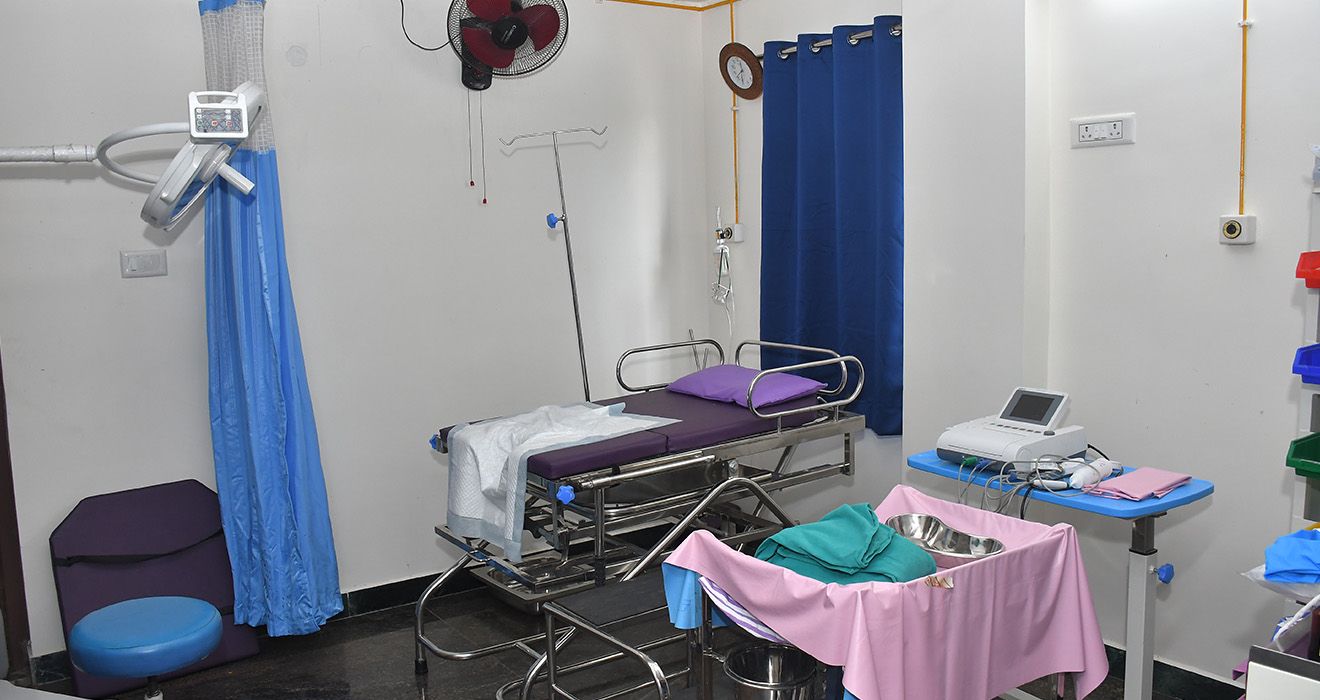Pediatric Surgeon
Pediatrics is the branch of medicine that focuses on the medical care of infants, children, and adolescents. A pediatrician is a medical doctor who specializes in providing healthcare to children, from birth to adolescence. Pediatricians are trained to diagnose, treat, and manage a wide range of medical conditions specific to children, as well as to promote their overall health and well-being.



Diagnosis and Evaluation:
- Conducting thorough medical histories and physical examinations specific to pediatric patients.
- Ordering and interpreting diagnostic tests such as X-rays, ultrasounds, CT scans, and MRIs to assess surgical needs.
Preoperative Care:
- Preparing young patients and their families for surgery by explaining the procedure, potential risks, and expected outcomes.
- Ensuring patients are in optimal health for surgery, including managing preoperative fasting and any necessary medical interventions.
Surgical Procedures:
- Performing surgeries to correct congenital malformations such as cleft lip and palate, congenital heart defects, and gastrointestinal anomalies.
- Conducting procedures to treat conditions like appendicitis, hernias, and tumors.
- Managing trauma cases involving fractures, internal injuries, and other urgent conditions.
Postoperative Care:
- Monitoring patients’ recovery in the immediate postoperative period and managing pain, wound care, and any complications.
- Providing long-term follow-up care to ensure proper healing and development.
Collaboration and Coordination:
- Working closely with pediatricians, neonatologists, anesthesiologists, and other specialists to provide comprehensive care.
- Coordinating with multidisciplinary teams for complex cases involving multiple health issues.
Congenital Malformations:
- Cleft Lip and Palate: Surgical repair to allow proper feeding, speech development, and facial appearance.
- Congenital Diaphragmatic Hernia: Repairing openings in the diaphragm to prevent abdominal organs from entering the chest cavity.
- Esophageal Atresia and Tracheoesophageal Fistula: Correcting defects in the esophagus and trachea.
Abdominal and Gastrointestinal Disorders:
- Appendicitis: Removing the inflamed appendix to prevent rupture.
- Intussusception: Treating bowel obstruction caused by a segment of the intestine sliding into an adjacent segment.
- Hirschsprung Disease: Removing diseased portions of the colon that lack nerve cells.
Oncologic Surgery:
- Neuroblastoma: Removing tumors arising from nerve tissue.
- Wilms' Tumor: Treating kidney cancer in children.
- Rhabdomyosarcoma: Managing soft tissue tumors.
Thoracic Surgery:
- Congenital Lung Malformations: Correcting anomalies such as congenital cystic adenomatoid malformation (CCAM).
- Pectus Excavatum: Repairing sunken chest wall deformities.
Trauma Surgery:
- Fracture Management: Treating broken bones and ensuring proper alignment and healing.
- Internal Injuries: Repairing damage to organs and tissues caused by accidents or injuries.
- Appendectomy: Surgical removal of the appendix, commonly due to appendicitis.
- Hernia Repair: Fixing inguinal, umbilical, or other types of hernias.
- Laparoscopy: Minimally invasive procedures to diagnose and treat abdominal conditions.
- Thoracotomy: Surgical access to the chest cavity to treat lung and heart conditions.
- Neonatal Surgery: Addressing congenital defects in newborns, often within the first days or weeks of life.
- Medical School: Completion of a Doctor of Medicine (MD) or Doctor of Osteopathic Medicine (DO) degree.
- General Surgery Residency: Typically a 5-year residency program in general surgery, which provides broad surgical training.
- Pediatric Surgery Fellowship: Additional 2-year specialized training in pediatric surgery, focusing on surgical care for infants, children, and adolescents.
Clinical Assessment:
- Evaluating pediatric patients with a variety of surgical needs and conditions.
- Utilizing diagnostic tools and techniques to accurately diagnose conditions.
Surgical Intervention:
- Performing a wide range of surgeries tailored to the anatomical and physiological needs of children.
- Using both traditional open surgery and minimally invasive techniques as appropriate.
Patient and Family Education:
- Communicating effectively with both young patients and their families about surgical procedures, recovery, and long-term care.
- Providing reassurance and detailed explanations to alleviate anxiety and ensure understanding.
Advocacy and Support:
- Advocating for the unique needs of pediatric patients within the healthcare system.
- Providing emotional and psychological support to families dealing with complex surgical conditions.
Pediatric surgeons play a vital role in improving the health and quality of life for children with surgical needs, offering specialized care that addresses both immediate and long-term health outcomes.
Pediatric Surgeon Specialist
A pediatric surgeon specialist is a medical doctor with advanced training in performing surgical procedures on infants, children, and adolescents. These surgeons address a wide range of medical conditions, from congenital malformations to traumatic injuries and complex diseases, ensuring that the unique anatomical and physiological needs of pediatric patients are met.

